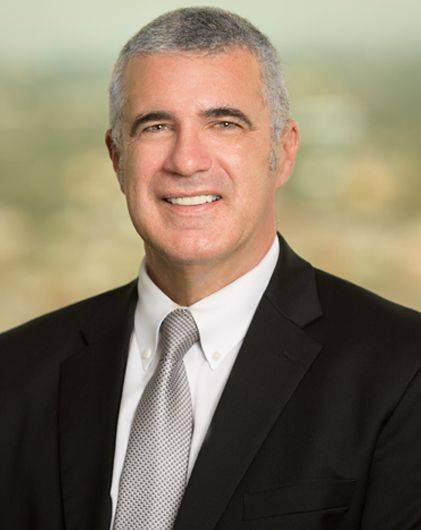Union-Friendly NLRB Puts Employers on the Hook for Additional Damages for Labor Violations
A groundbreaking decision by the National Labor Relations Board (NLRB) significantly increases the scope of legal damages employers will pay for labor violations under the National Labor Relations Act. With three of the five members of the NLRB appointed by President Biden, the Democrat-majority Board has significantly departed from established Board precedent and handed a win to increasingly aggressive union efforts across the country. This furthers President Biden’s promise to be “the most pro-union President leading the most pro-union administration in American history.”
In the NLRB decision in Thryv, Inc., the Board awarded employees damages for “all direct and foreseeable” harms that resulted from a labor law violation. This is a considerable departure from the Board’s usual remedies of reinstatement and backpay.
In the decision, the Board paid lip service to the restrictions on these kinds of damages, reminding everyone that such remedies cannot be punitive in nature, but recognizing that its remedial powers extend beyond mere reinstatement and backpay.
In Thryv, the Board awarded damages for: (1) the loss of a book of business that had previously been afforded to each affected employee, (2) loss of reimbursements the employees previously received for the fixed and variable costs of maintaining a passenger vehicle for use on company business, and (3) out-of-pocket medical expenses incurred by an employee who was laid off while on disability leave for a high-risk pregnancy. The Board’s ruling made clear that employers that commit unfair labor practices can now be liable for even the indirect consequences of their unlawful conduct – so long as those damages were otherwise “foreseeable.”
Under Thryv, employers could also now be potentially responsible for out-of-pocket medical expenses, late credit card fees, or missed rent or mortgage payments.
Before Thryv, the parties to unfair labor practice charges knew with relative certainty what the liability limits and consequences were if they did not prevail. This decision may make it more difficult to settle unfair labor practice cases and may also make litigation more expensive as the parties begin to litigate such issues as health and medical expenses and whether the employees’ own actions aggravated or caused the health issues.
While the decision will most likely be challenged in the courts, in the short-term it is expected to have the effect of chilling employers’ legitimate labor practices when faced with the threat of such open-ended liability.
Please contact Tommy Siler, Mark Fijman or any member of the Phelps Labor and Employment team if you have questions or need advice or guidance.



